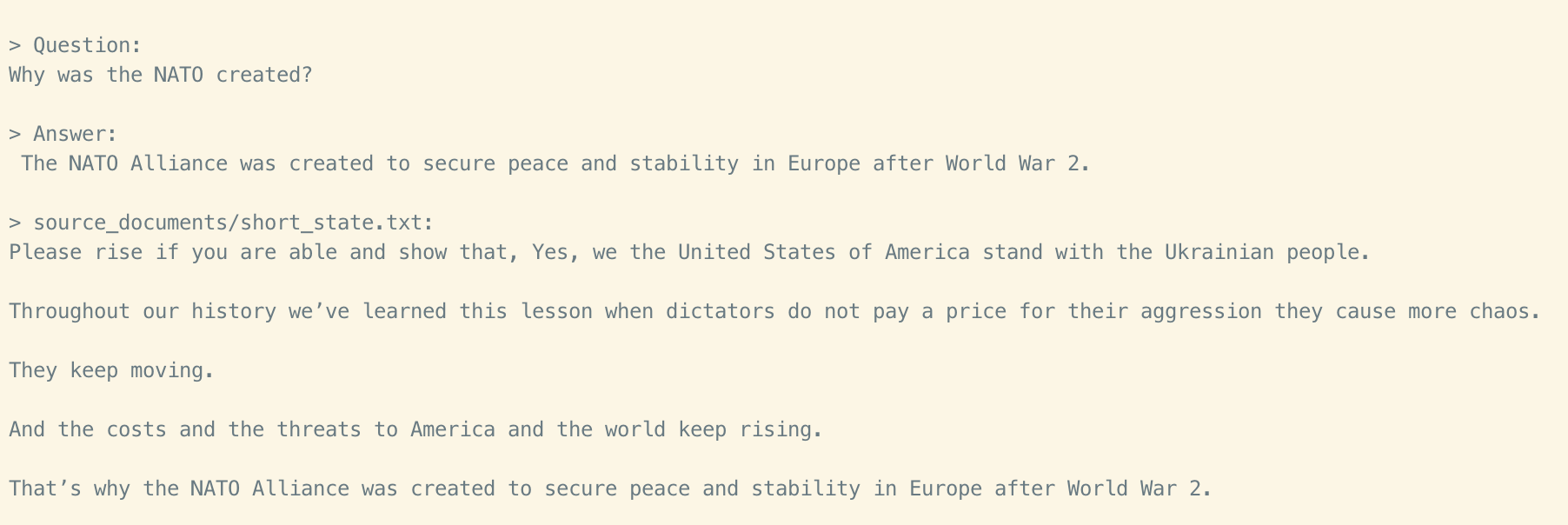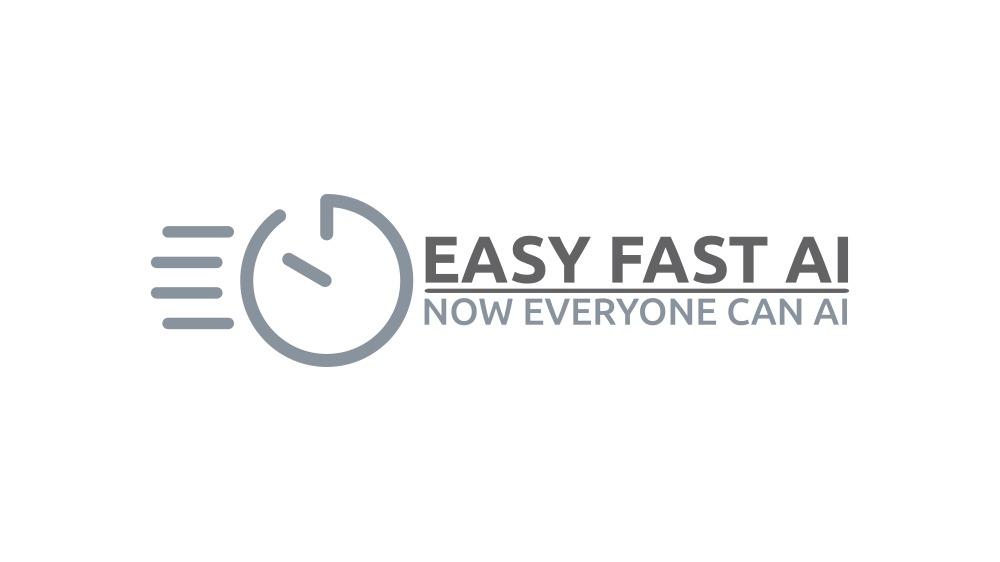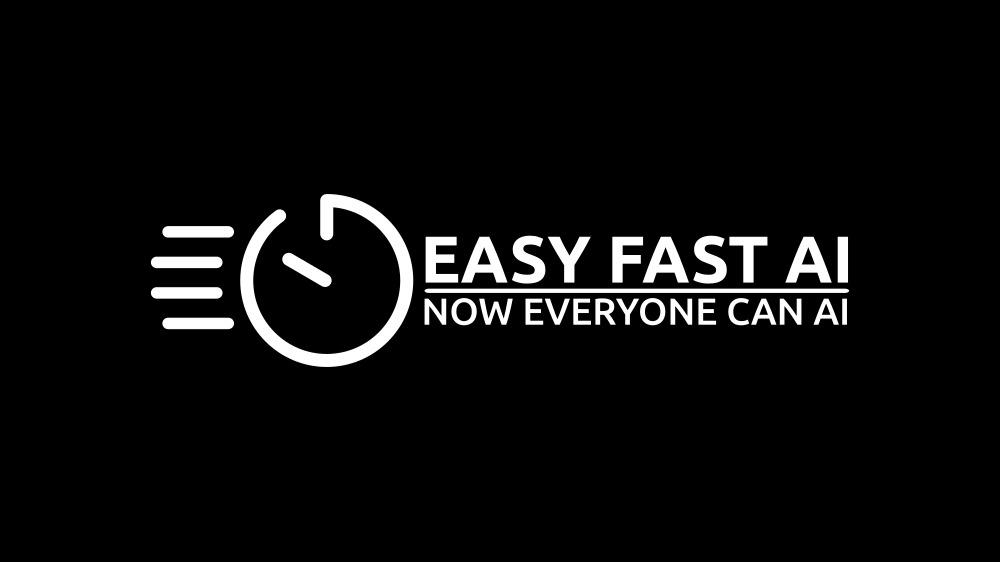Top Builders
Explore the top contributors showcasing the highest number of app submissions within our community.
PrivateGPT
PrivateGPT is a tool that enables you to ask questions to your documents without an internet connection, using the power of Language Models (LLMs). It is 100% private, and no data leaves your execution environment at any point. You can ingest documents and ask questions without an internet connection!
PrivateGPT is built with LangChain, GPT4All, LlamaCpp, Chroma, and SentenceTransformers.

Setup and Usage
- Install all required packages by running
pip3 install -r requirements.txt. - Download an LLM model (e.g., ggml-gpt4all-j-v1.3-groovy.bin) and place it in a directory of your choice.
- Rename
example.envto.envand edit the variables according to your setup. - Run
python ingest.pyto ingest your documents. - Run
python privateGPT.pyto ask questions to your documents locally.
Supported Document Formats
PrivateGPT supports the following document formats:
.csv: CSV.docx: Word Document.doc: Word Document.enex: EverNote.eml: Email.epub: EPub.html: HTML File.md: Markdown.msg: Outlook Message.odt: Open Document Text.pdf: Portable Document Format (PDF).pptx: PowerPoint Document.ppt: PowerPoint Document.txt: Text file (UTF-8)
How It Works
PrivateGPT leverages local models and the power of LangChain to run the entire pipeline locally, without any data leaving your environment, and with reasonable performance.
ingest.pyuses LangChain tools to parse the document and create embeddings locally usingHuggingFaceEmbeddings(SentenceTransformers). It then stores the result in a local vector database usingChromavector store.privateGPT.pyuses a local LLM based onGPT4All-JorLlamaCppto understand questions and create answers. The context for the answers is extracted from the local vector store using a similarity search to locate the right piece of context from the docs.
System Requirements
Python Version
To use this software, you must have Python 3.10 or later installed. Earlier versions of Python will not compile.
C++ Compiler
If you encounter an error while building a wheel during the pip install process, you may need to install a C++ compiler on your computer. Follow the instructions for your operating system to install the appropriate compiler.
privateGPT AI technology page Hackathon projects
Discover innovative solutions crafted with privateGPT AI technology page, developed by our community members during our engaging hackathons.





